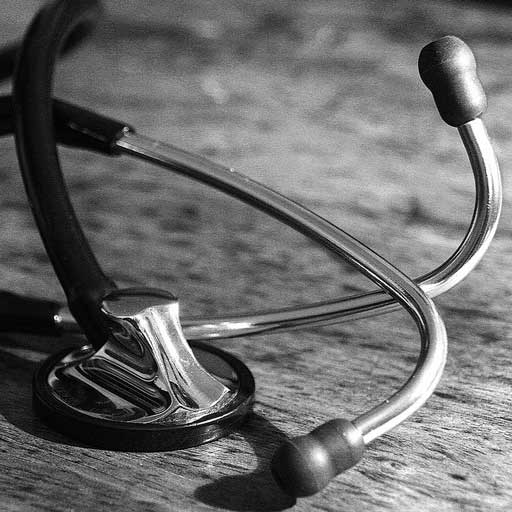Medicaid is the largest health insurance program in the United States. Presently, Medicaid provides health and long-term care coverage to 59 million individuals.
Under the PPACA (Patient Protection and Affordable Care Act), Medicaid is set to expand its eligibility for coverage to include persons with income levels at or below 133 percent of the federal poverty level. Best estimates place the increase in additional enrollees at 16 million to 18 million.
The purpose behind the expansion of Medicaid under the PPACA is to reduce the number of uninsured in the U.S., an estimated 46 million. Using analyses provided during the debate leading up to passage of the PPACA, 32 million of the 46 million will gain access to insurance under the new law, half of which will do so via Medicaid.
Assuming a somewhat equal replacement trend (those that fall off Medicaid due to death or change in economic status are replaced by approximately the same number of new eligible enrollees) over the phase-in period set for Medicaid expansion (by 2014), Medicaid will ultimately cover nearly 70 million people. Per the Congressional Budget Office, the cost of expansion between 2010 and 2019 to the federal government is $434 billion with an additional $20 billion allocable as states’ costs.
With an additional 16-18 million people on Medicaid, cost becomes a big issue. Estimates have the total cost of the whole bill (Medicare, Medicaid, etc.) at $828 billion. Take away from that $575 billion in savings from Medicare, and a bevy of new taxes.
Including higher taxes for those making more than $200K, taxes on luxury medical plans, on drugs, on high-cost medical equipment, on indoor tanning salons, and an annual fee to all insurance providers.
Added all together and the Congressional Budget Office estimates a reduction in the Federal Budget deficit, meaning that the PPACA and its increased Medicaid coverage pays for itself and saves money.
Of course, these are all estimates and subject to endless debate.
Source: Estimated Financial Effects of the “Patient Protection and Affordable Care Act,” as Amended (pdf)
More from this series:


I love this one. I think it’s time for a change, totally agree with that. While some people may not realize it, cardboard boxes can really harm our environment and they are not durable.
Medicaid seems a great solution to a common problem. I’m all for solutions that make a difference!